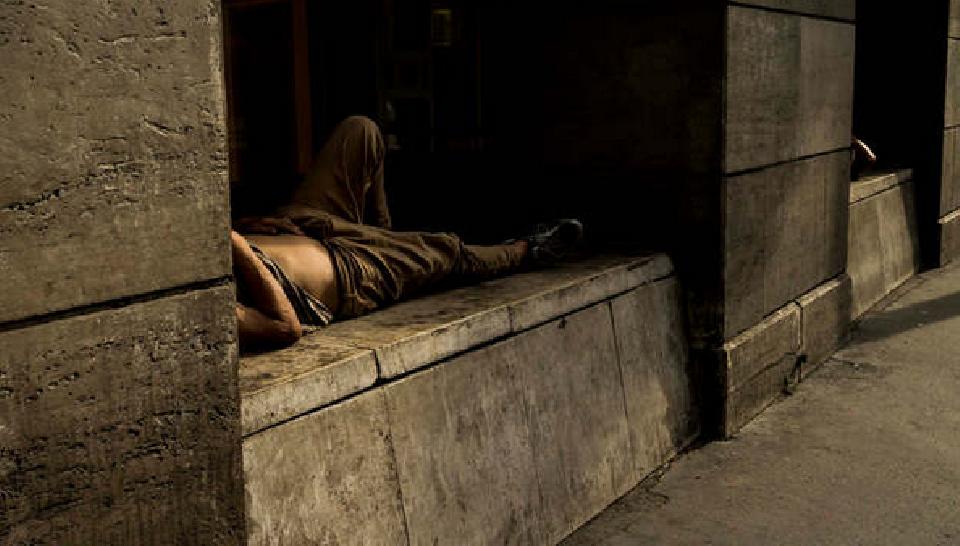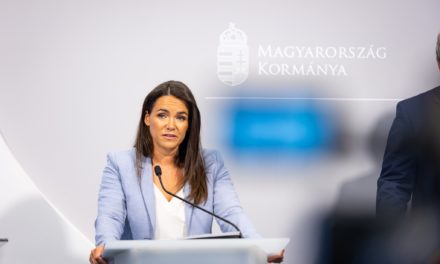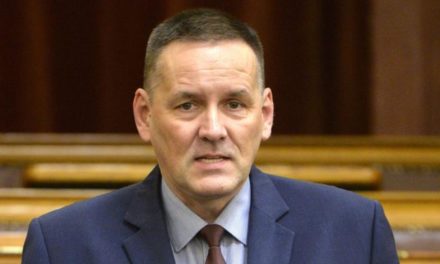Despite the fact that in recent years the capital has also prioritized the situation of the homeless, it hardly does anything to protect the stateless in times of need.
During the hottest summer days, at the time of greatest need, the capital city would deal with the situation of the homeless in Budapest with makeshift measures. The Budapest Methodological Social Center and its Institutions receive homeless people who come to them due to the extreme heat or are transported to them, provide them with a chance to rest and fluids to prevent dehydration, and, if necessary, help them get healthcare or accommodation.
In the meantime, the social workers providing street services bring cold water and food, and if necessary transport the needy to a hostel or day shelter or help them get to a medical facility.
However, the activity considered an extra service by the capital is still only firefighting, because it does not solve the problems of the homeless' vulnerability and their lifestyle in public spaces, it only offers a temporary solution to the problem caused by the extreme heat.
In this case, our newspaper contacted the Budapest municipality, which replied that they are trying to improve the situation of the homeless with night duty, more frequent patrols and water distribution, and then let them know:
we can currently provide air-conditioned common rooms by operating a total of 55 air conditioners in the 13 service units of BMSZKI. The installation of another 44 air conditioners is ongoing, so by the middle of summer 2024 (with a total of 99 air conditioners in operation) all BMSZKI locations will have cooled communal rooms. These are very necessary, since most of the homeless people living here are old and sick, whose health is particularly affected by the extreme heat.
In the meantime, instead of developing and making public areas more comfortable, the capital is trying to make the heatwave more bearable with temporary solutions, including by installing points suitable for temporary cooling.
Also, in response to the Hungarian Nation's question, the capital emphasized that the number of trams, trolleybuses and buses equipped with air conditioning has continuously increased in recent years to help protect against the heat. At the same time, they forgot to mention that the trains of one of the capital's most important means of public transportation, the three metro lines, are still not air-conditioned, so hundreds of thousands of passengers a day are forced to travel in almost unbearable heat.
Instead of air conditioning, drinking fountains are available to the traveling public at the Nagyvárad tér, Lehel tér, Dózsa György út, Göncz Árpád city center, Forgách utca, Gyöngyösi út, Újpest-városkapu and Újpest-központ stations on the M3 metro line.
Featured image: Árpád Kurucz













